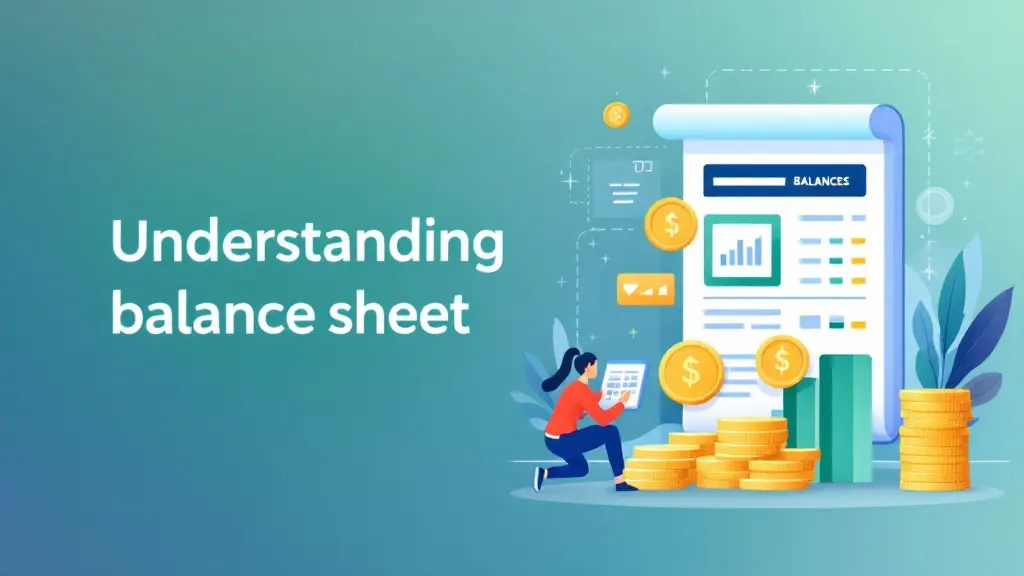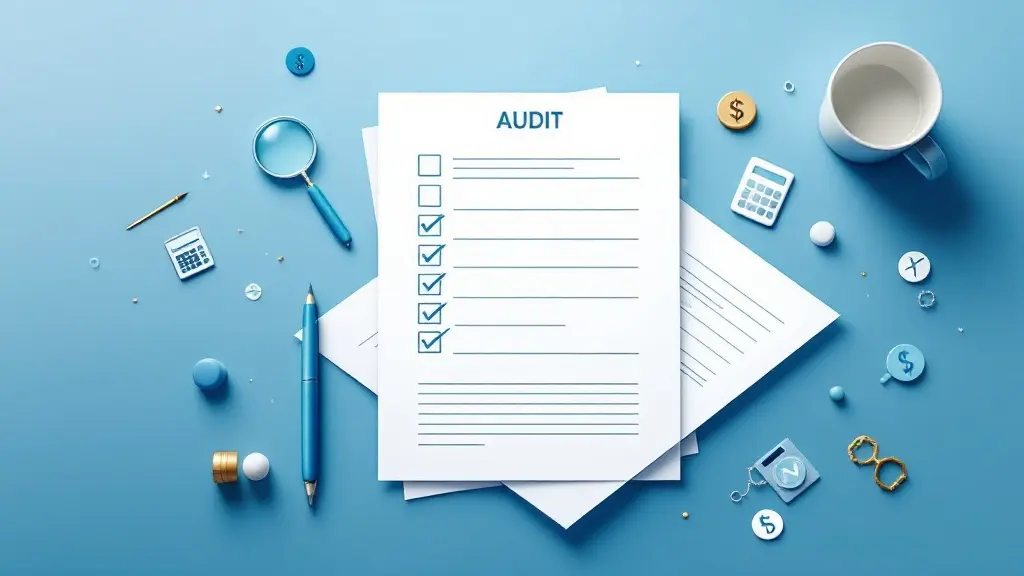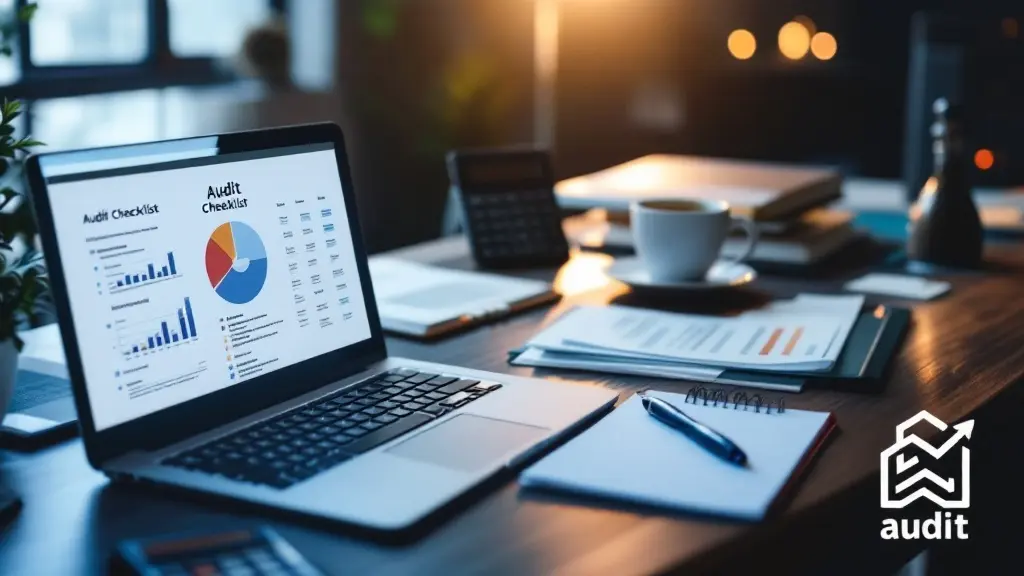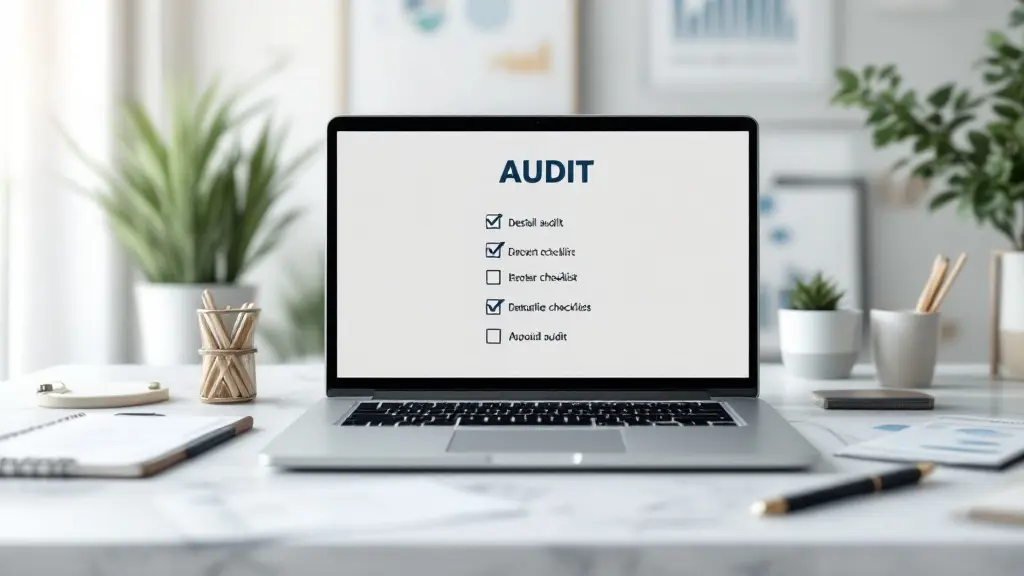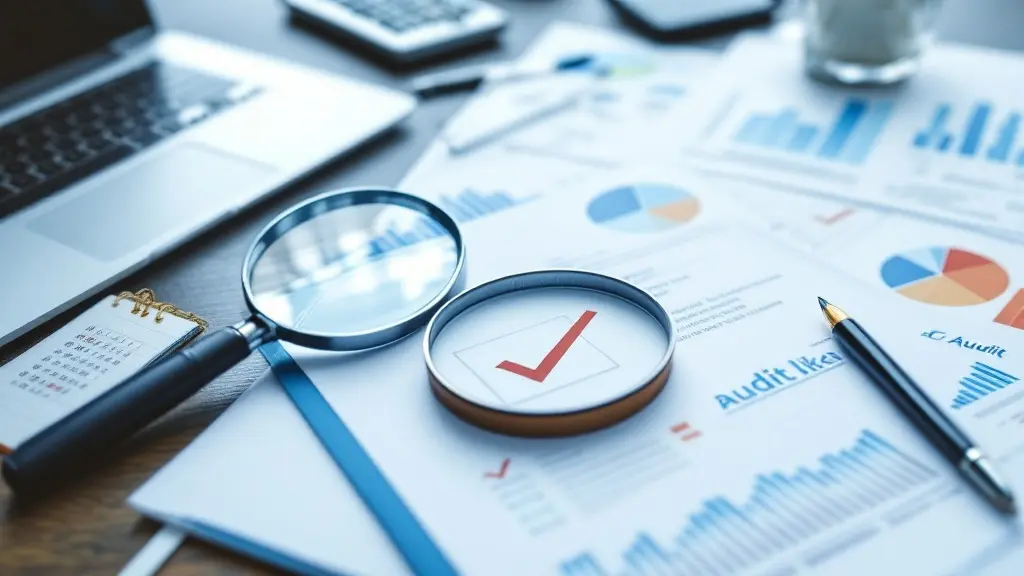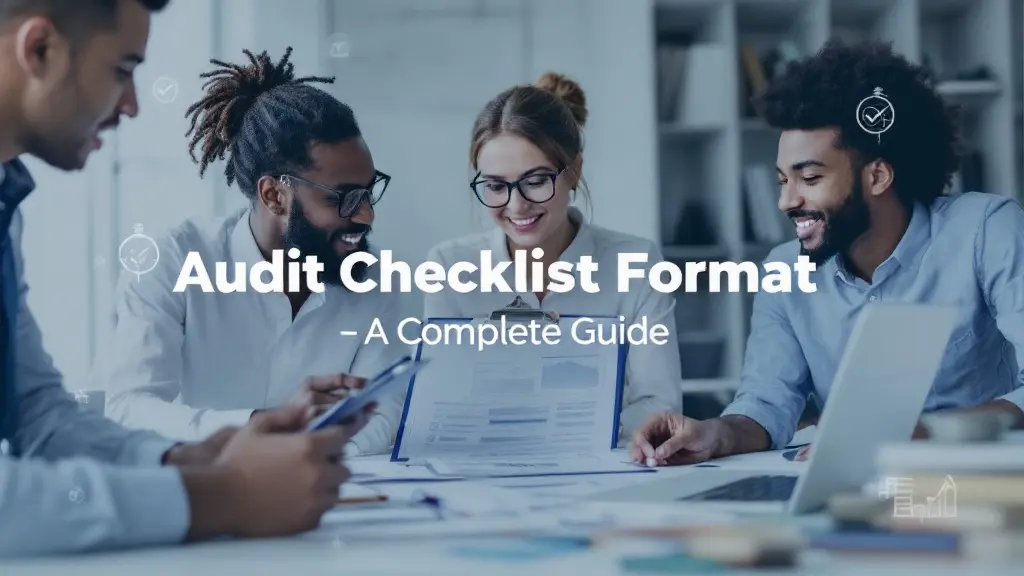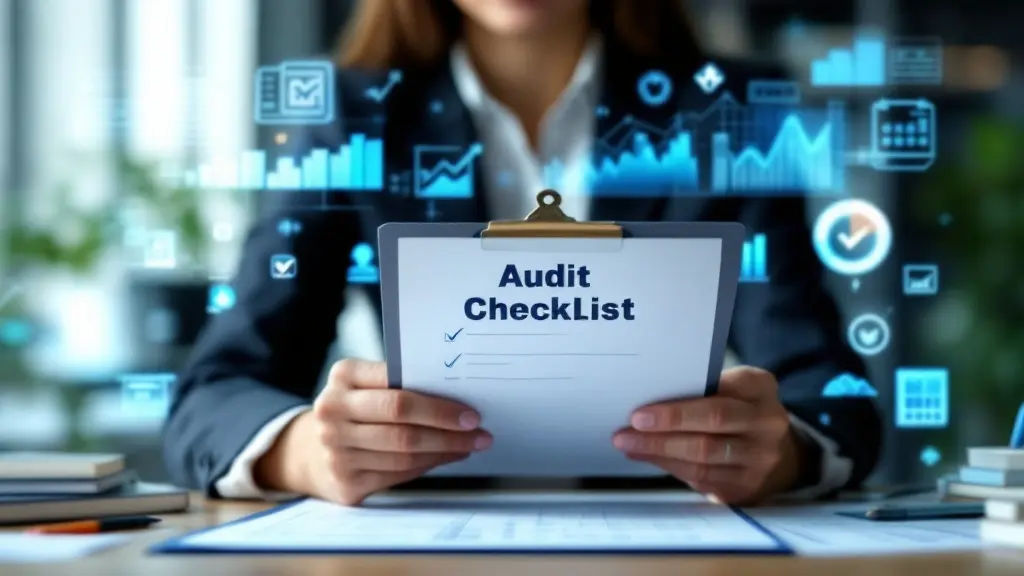Understanding Accounting Software Pricing: A Comprehensive Guide for Businesses
Table of Contents
Most Read
[fusion_dropcap class="fusion-content-tb-dropcap"]I[/fusion_dropcap]n today’s fast-paced business environment, managing finances efficiently is crucial. Whether you’re a startup or a well-established company, accounting software can streamline your financial processes, saving time and reducing the risk of errors. However, when it comes to selecting the right accounting software for your business, one of the most important factors to consider is the cost. With so many options available in the market, understanding the pricing structure can be overwhelming.
In this comprehensive guide, we will break down the different pricing models for accounting software, what influences the cost, and how to choose the best solution for your business without breaking the bank.
Table of Contents
- What is Accounting Software?
- Why Do You Need Accounting Software?
- Factors Influencing the Price of Accounting Software
- Pricing Models for Accounting Software
- Subscription-Based Pricing
- One-Time Purchase Pricing
- Freemium Models
- Average Cost of Accounting Software
- How to Choose the Right Accounting Software Based on Price
- Conclusion
What is Accounting Software?
Accounting software is a tool that helps businesses track and manage their financial transactions, including sales, expenses, payroll, taxes, and financial reporting. It can automate tasks like invoicing, budgeting, and financial forecasting, reducing the need for manual entry and minimizing human errors.
For businesses, adopting the right accounting software not only improves efficiency but also enhances the accuracy of financial data. It helps companies stay organized, comply with tax regulations, and make informed decisions based on real-time financial insights.
Why Do You Need Accounting Software?
If you are still relying on spreadsheets or manual bookkeeping for your financial management, it might be time to consider investing in accounting software. Here’s why:
- Accuracy and Automation: Accounting software automates calculations, which helps reduce errors in financial records. It can also track your business expenses automatically, ensuring accurate reporting.
- Time Savings: Automating manual tasks like data entry, invoicing, and payroll saves significant time. This means you can focus more on growing your business.
- Compliance and Reporting: Accounting software ensures you meet local and international financial regulations. It can also generate reports like balance sheets, income statements, and tax returns, making compliance much easier.
- Scalability: As your business grows, the software can handle larger volumes of transactions without you needing to upgrade your accounting infrastructure.
Factors Influencing the Price of Accounting Software
The cost of accounting software is not one-size-fits-all; various factors influence the price. Here are some key elements that determine how much you’ll pay for accounting software:
- Business Size and Needs
Small businesses with basic accounting needs will find affordable, entry-level solutions, while larger businesses with complex requirements might need more advanced software with additional features, which increases the price. - Feature Set
Software that includes more advanced features like multi-currency support, payroll processing, inventory management, or advanced reporting tools generally comes at a higher price. Basic solutions may only include invoicing and expense tracking. - Deployment Type
Cloud-based accounting software typically operates on a subscription model and is often priced on a monthly or yearly basis. On the other hand, desktop software requires a one-time purchase, though you may still need to pay for upgrades. - Support and Customer Service
Many accounting software providers offer different support packages. Premium customer service, including dedicated support or training sessions, may increase the overall cost. - Security Features
Accounting software that offers enhanced security features like two-factor authentication, encryption, and secure cloud storage will generally be priced higher due to the investment in data protection.
Pricing Models for Accounting Software
When it comes to pricing, accounting software usually falls into three primary models: subscription-based, one-time purchase, and freemium. Let’s explore these in detail:
1. Subscription-Based Pricing
The most common pricing model for accounting software is a subscription-based system. With this model, businesses pay a monthly or annual fee to use the software. The subscription cost often depends on the size of the company and the features required.
- Pros:
- Predictable costs and budget-friendly for small businesses.
- Continuous updates and improvements at no additional cost.
- Access to cloud-based features and remote access.
- Cons:
- Long-term costs can accumulate.
- You’re paying for the software on a recurring basis rather than owning it outright.
Example: QuickBooks Online is a widely used accounting software with subscription-based pricing, starting at approximately $25 per month for basic plans and rising with more advanced features.
2. One-Time Purchase Pricing
With this model, you pay a single upfront cost to own the software, which can be more economical in the long run for businesses that don’t require frequent updates or cloud-based features.
- Pros:
- No ongoing monthly payments.
- You own the software and can use it indefinitely.
- Cons:
- High upfront costs, which may be difficult for small businesses to afford.
- You might need to pay for updates or customer support separately.
Example: Desktop-based accounting software like Sage 50cloud or Tally ERP typically follows this pricing model, with prices starting from around $300 for a one-time purchase.
3. Freemium Models
Some accounting software options offer a freemium model, where businesses can access basic features for free but need to pay for premium features. This is a good option for very small businesses or freelancers with limited accounting needs.
- Pros:
- Free to start, which lowers the barrier to entry.
- You can try the software and upgrade when your business grows.
- Cons:
- The free version often lacks key features that are critical for scaling your business.
- Upselling can be aggressive as you move toward more advanced features.
Example: Wave Accounting offers a robust free version for small businesses, which includes basic accounting, invoicing, and receipt scanning. Premium features such as payroll and credit card processing are paid.
Average Cost of Accounting Software
The cost of accounting software can vary greatly based on the size of your business, the features you need, and the software provider. Here’s a breakdown of the average costs:
- Small Business or Freelancers:
Prices can range from $0 to $25 per month for basic, cloud-based solutions. These may include invoicing, expense tracking, and basic reporting features. - Mid-Sized Businesses:
For companies that need more robust features like inventory management, payroll, or advanced reporting, prices typically range from $25 to $75 per month. - Large Businesses or Enterprises:
Larger companies or those with specific needs like multi-currency support, customizable reports, or team collaboration features might pay anywhere from $75 to $200+ per month. Enterprise-level software can even have custom pricing based on the number of users and features required. - One-Time Purchases:
For desktop-based software, prices can range from $200 to $1,000+ for a one-time purchase, depending on the complexity and number of users.
How to Choose the Right Accounting Software Based on Price
When choosing the best accounting software for your business, consider the following factors to ensure you’re getting good value for your money:
- Assess Your Needs
Identify what features are most important to your business. Do you need payroll functionality? Multi-currency support? Tax filing? Make sure the software offers everything you need, not just at the start but as your business grows. - Consider Scalability
Think about how your business will grow. Will the software be able to scale with you? Look for solutions that allow you to add more features or users as your business expands. - Test Before You Commit
Many accounting software providers offer free trials. Take advantage of this to explore the software and ensure it meets your needs before making a purchase. - Read Reviews and Compare
Don’t just rely on the software’s marketing. Check online reviews, compare different platforms, and see how others in your industry are benefiting from the software.
Conclusion
Understanding the cost of accounting software is essential for making the right decision for your business. The price can vary depending on the type of deployment, features, and the scale of your operations, but it’s crucial to focus on what will benefit your business in the long run.
Whether you’re a small business looking for an affordable solution or a large enterprise needing advanced features, there’s a wide range of options to choose from. By carefully considering your business needs and budget, you can find the perfect accounting software to help you manage your finances efficiently.
This blog post has covered the pricing factors, pricing models, and the average cost of accounting software. By following these insights, you can confidently choose the right software for your business without overspending. Happy accounting!
